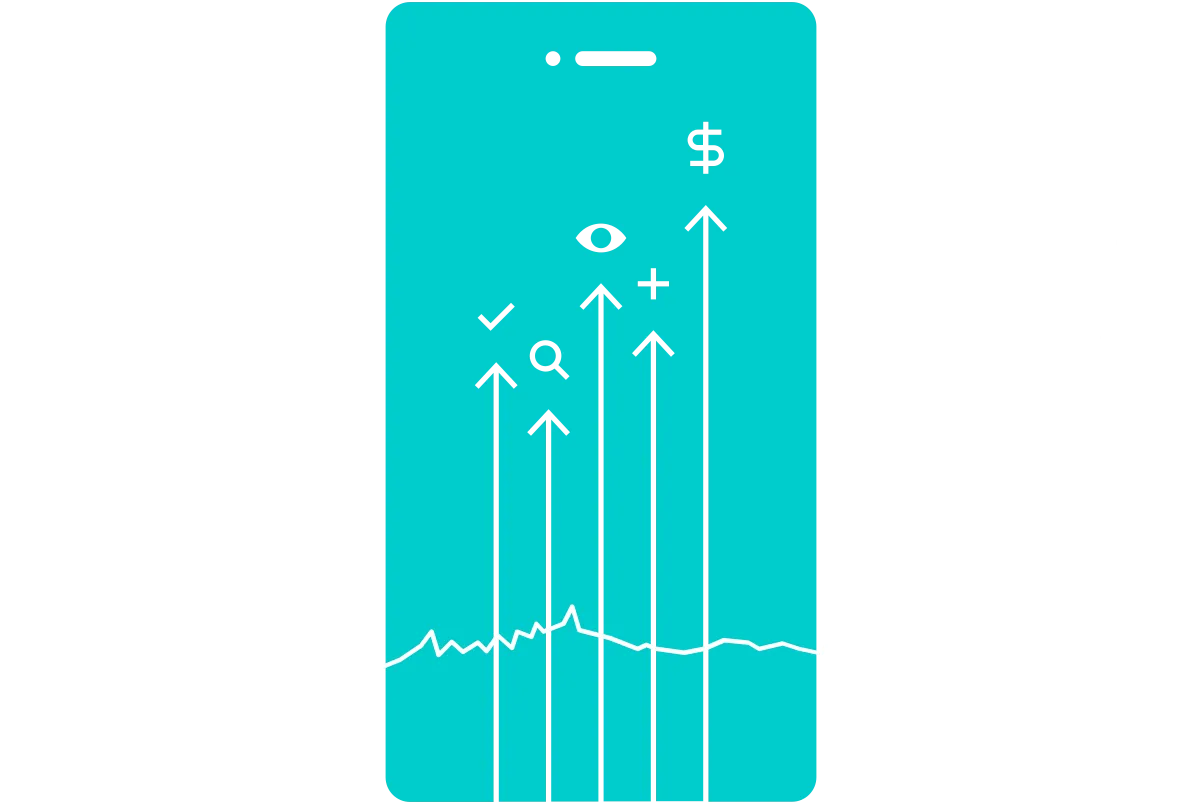Have you ever noticed those enticing snippets of text that appear beneath website links in search results? The secret behind them lies in a crafty bit of code. What is a meta description? This hidden gem plays a crucial role in how your website is presented to potential visitors.
It’s the small snippet of text that appears beneath the page title on search engine results pages.
A well-written meta description can make all the difference, acting as a virtual salesperson for your online content.
It’s your chance to tease and tantalize, convincing users that your page holds the answer they seek. In this article, we’ll dive into the world of meta descriptions, uncovering their importance, best practices, and the impact they can have on your website’s visibility. Brace yourself for an enlightening journey!
What Is a Meta Description?
A meta description is a brief summary of a webpage’s content. It is a snippet of text that appears below the page title in search engine results pages (SERPs). Meta descriptions are part of the HTML code of a webpage.
The primary purpose of a meta description is to summarize the key points of a webpage in 155 to 160 characters. It provides a concise overview of the page’s content, helping users understand what the page is about. A well-crafted meta description can entice users to click on the link.

Impact on User Clicks
An effective meta description can significantly influence user clicks. It acts as a preview, giving users an idea of the page’s content. A compelling meta description can persuade users to visit the page by highlighting the relevance and value of the content to the user’s query.
If the meta description is well-written and informative, users are more likely to click on the page. However, if it is vague or irrelevant, users may skip the link. A meta description is a crucial factor in improving a website’s click-through rate (CTR). A higher CTR can lead to increased website traffic and potential conversions.
Are Meta Descriptions a Ranking Factor?
Meta descriptions are not a direct ranking factor. Search engines do not use meta descriptions to determine rankings. They are primarily used to display snippet previews in search engine results pages (SERPs).
However, meta descriptions are still important for SEO. A compelling description can increase the chances of users clicking, which can lead to higher traffic and better user engagement.
Indirect Impact on Rankings
While not a direct factor, meta descriptions indirectly influence rankings. They impact click-through rates (CTR) from search results. A higher CTR signals relevance and interest to search engines.
If a webpage has a high CTR, it indicates user satisfaction. Search engines perceive this as a positive signal, and as a result, the page may receive a ranking boost.
Additionally, higher CTR leads to more traffic and engagement. This can further reinforce positive user signals for rankings. So, optimizing meta descriptions is crucial for improved visibility.
How to Write Effective Meta Descriptions
Conciseness
Keep meta descriptions concise and within the optimal length. The ideal length is around 150-160 characters. This ensures the full text is displayed in search engine results pages (SERPs).
If meta descriptions are too long, they may get truncated. Truncated descriptions can be misleading or lack context. Short and concise descriptions are more likely to be fully visible.
Keyword Inclusion
Always remember to include relevant keywords in your meta descriptions. Keywords signal relevance to search engines and users. However, avoid overusing keywords or keyword stuffing.
Strategically place keywords in a natural, readable way. This helps search engines understand the page’s content. It also helps users identify the relevance of their queries.

Compelling Copywriting
Write engaging and compelling meta descriptions. Use an active voice and create a sense of urgency. Highlight the unique value proposition of your content. Use persuasive language to encourage click-throughs.
Effective meta descriptions act as a “preview” for users. They should accurately represent the content while enticing clicks. Incorporate calls-to-action (CTAs) to prompt user action. “Learn how to,” “Discover the secrets of,” “Get started today.“, or CTAs create a clear incentive for users to visit your page.
Conclusion
We hope this article has helped you thoroughly understand the role and significance of meta description in search engine optimization. Meta descriptions play a crucial role in enticing users to click on your website’s link in search results, ultimately driving more traffic to your site.
By crafting compelling and informative meta descriptions, you can accurately summarize your content. Include relevant keywords to enhance your website’s click-through rates and visibility on search engines.
We hope this knowledge of what is a meta description will come in handy to draw more traffic to your website. Remember, while meta descriptions are not a direct ranking factor, they indirectly influence rankings by impacting user behavior and engagement metrics.




